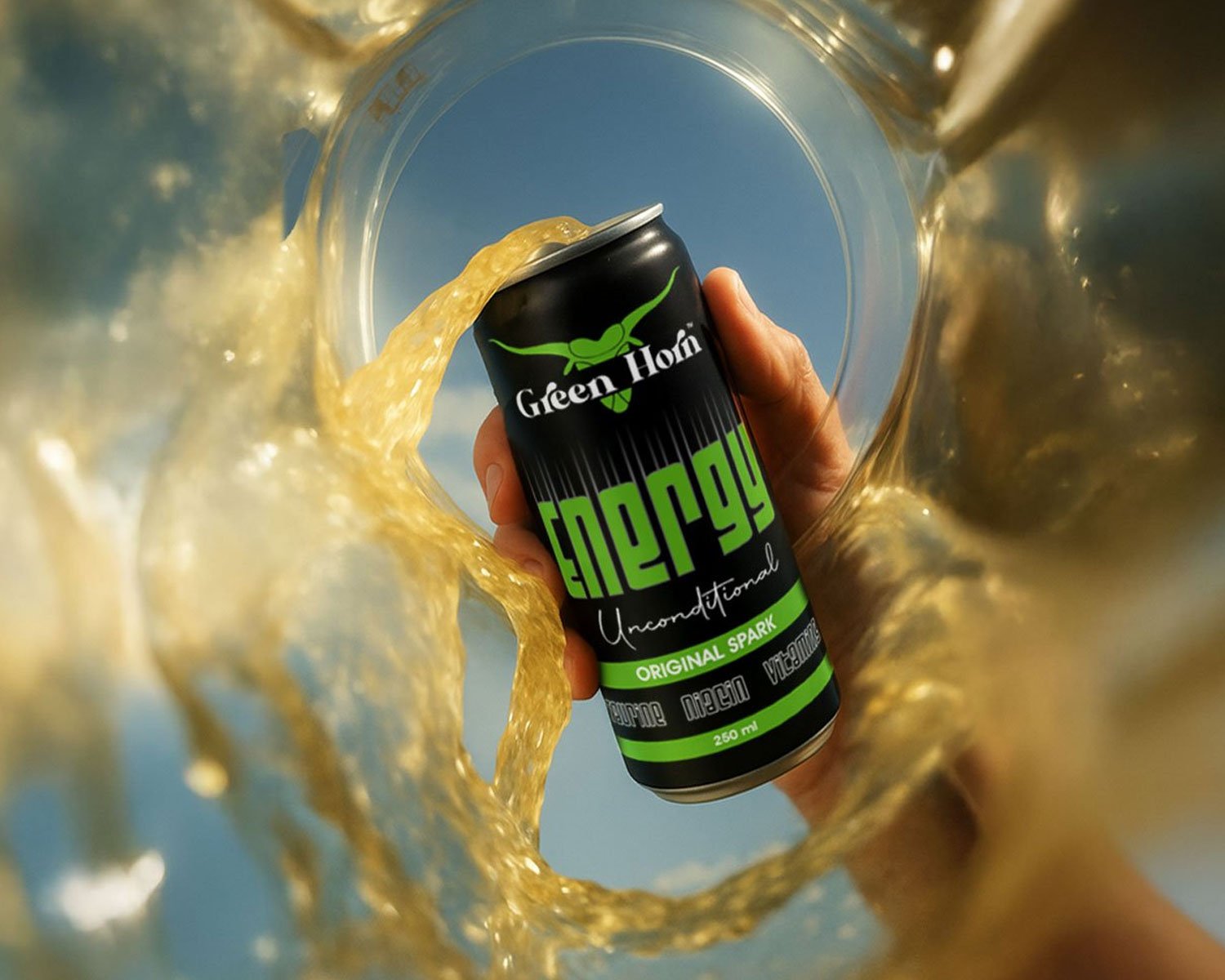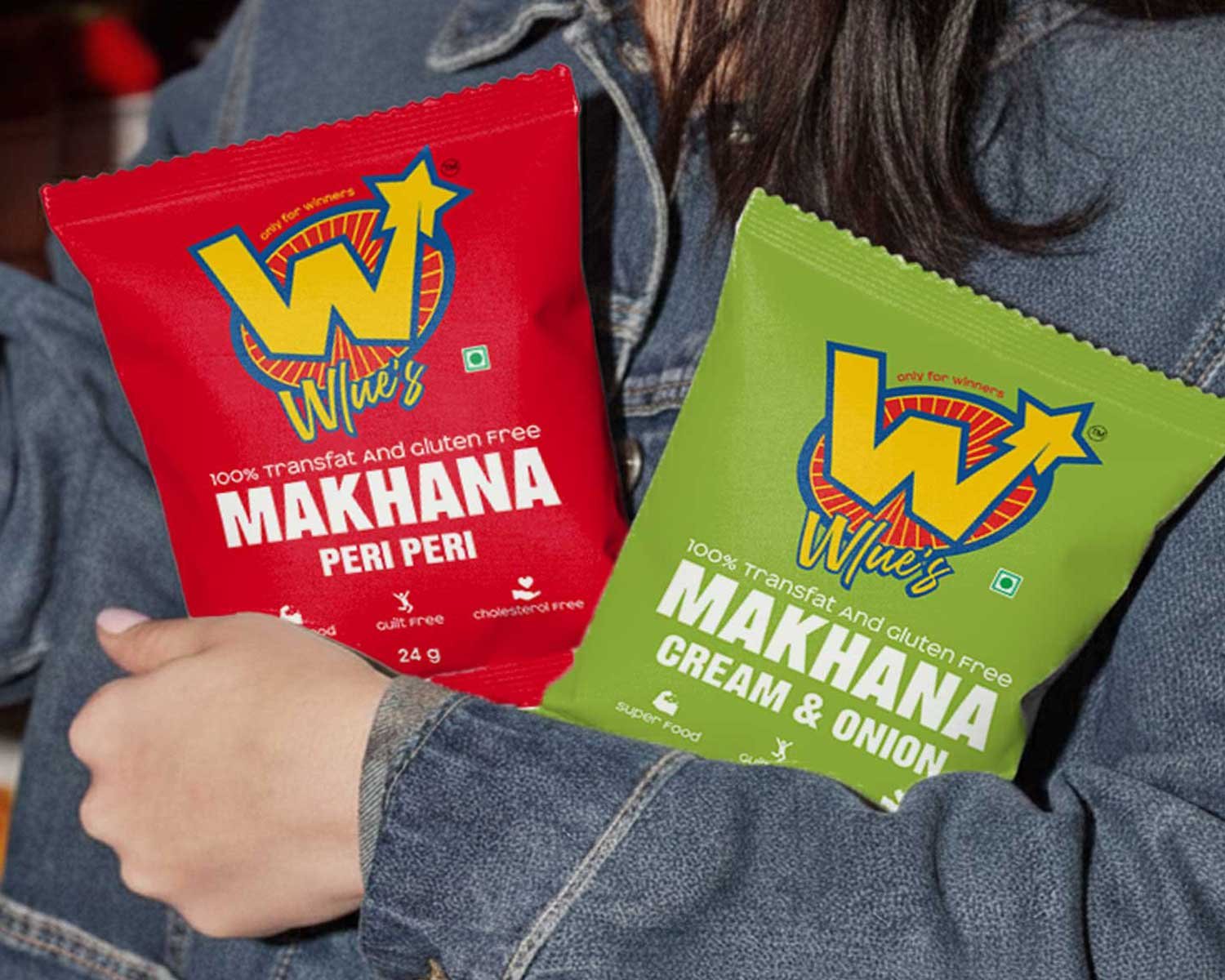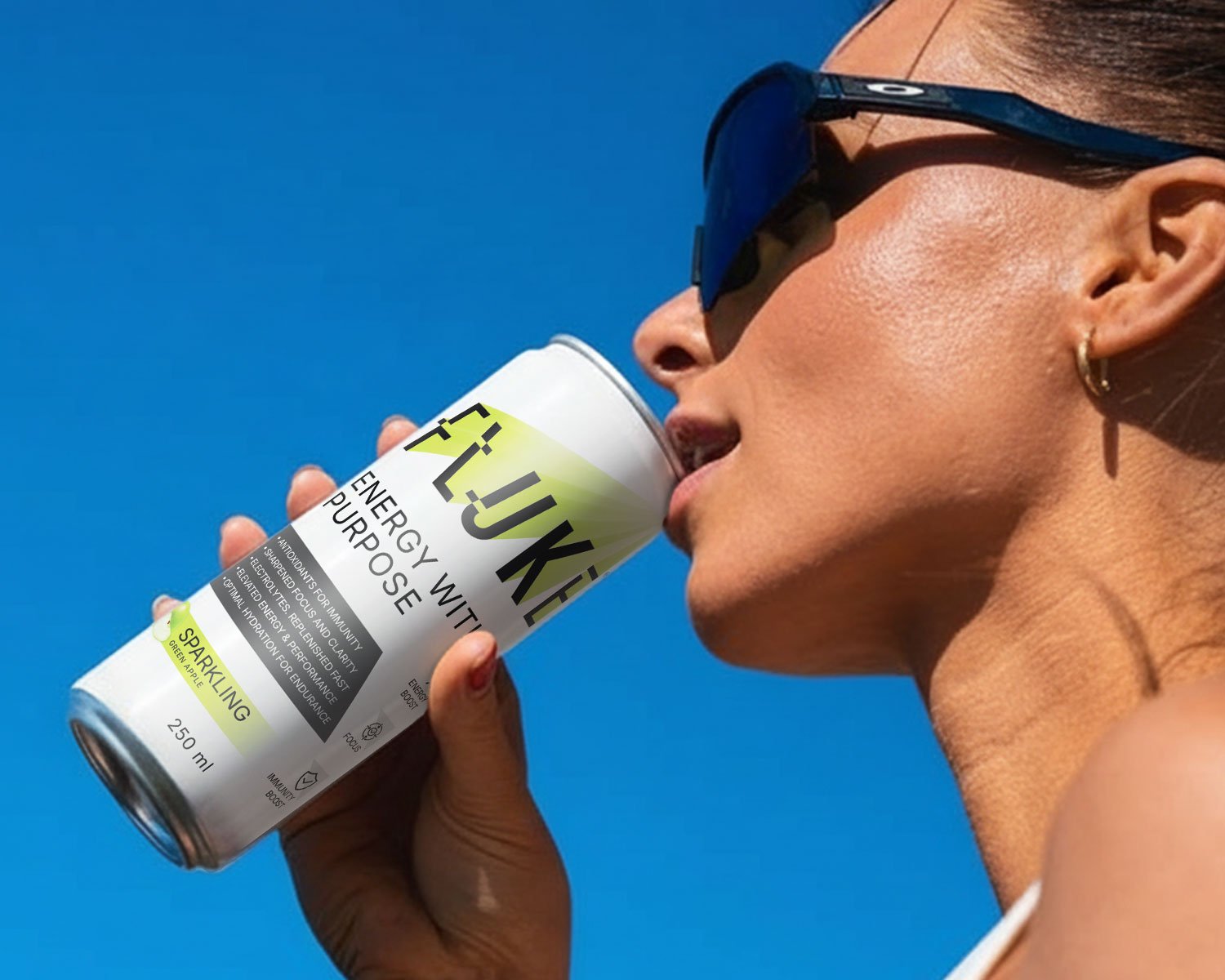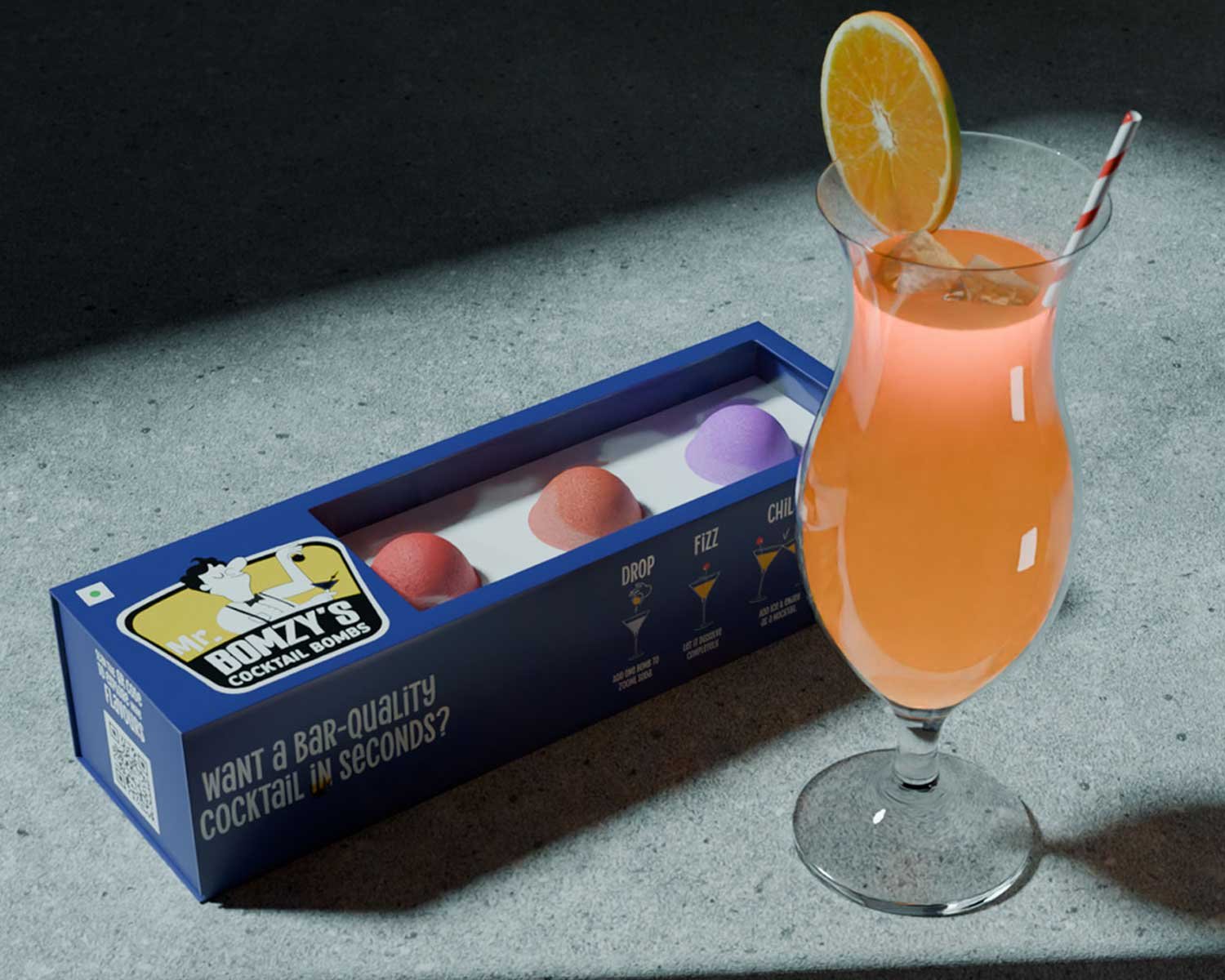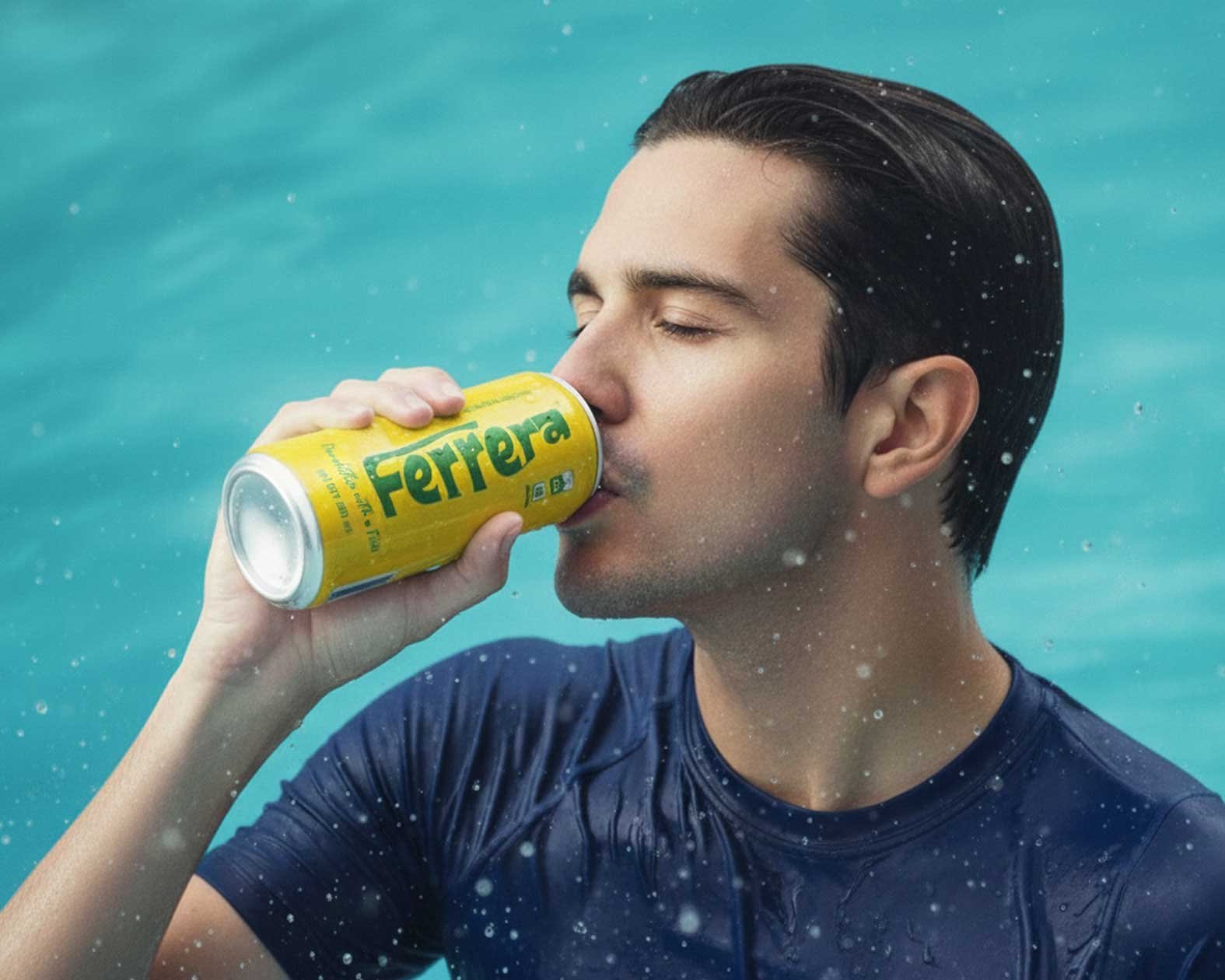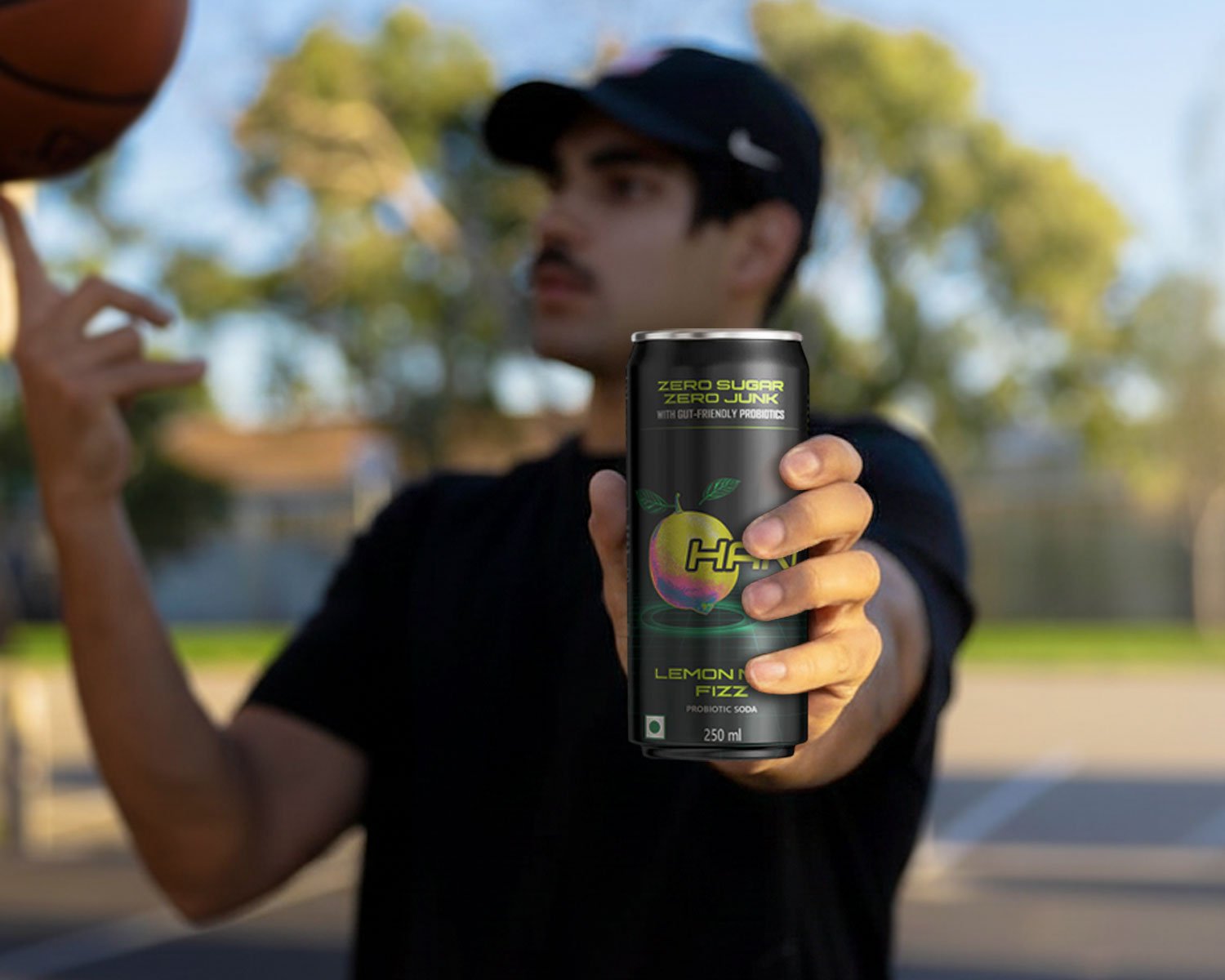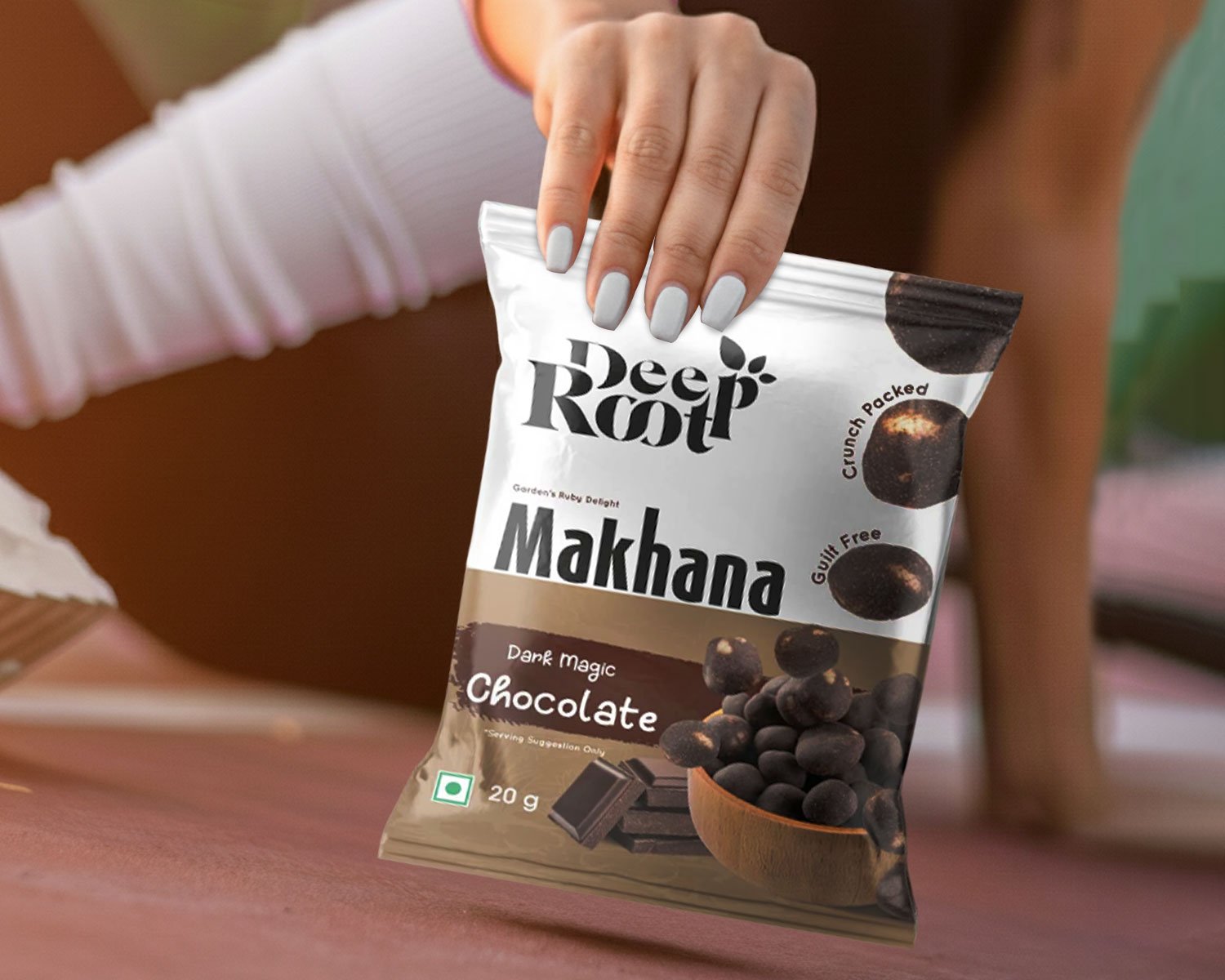Why Micro-batching is the smartest first step for beverage Startups in India. Starting a beverage brand is thrilling—but every founder faces a fundamental truth: the leap from idea to market is risky, expensive, and full of pitfalls. That’s why micro-batching beverages for the market test has emerged as the go-to strategy for new brands that want to launch smart, learn fast, and avoid wasting lakhs on unsold inventory. Do all this, without burning through ₹5 lakh (or more) on full-scale production. Prepare for the low-budget beverage testing.
Micro-Batching beverages for market test means producing a small number of finished beverage units—typically in the range of 100 to 1,000 bottles per batch—for initial beverage market testing. This approach is specifically made to provide maximum learning at minimum financial risk, and for the beverage market test.
In this blog, you’ll learn:
- Why is micro-batching perfect for beverage startups in India
- How to do Micro-batching beverages smartly without wasting money
- Real examples, tips, and common mistakes to avoid
- Low-Budget Beverage Testing
Ready to move beyond micro-batching and launch at scale?
Work with a trusted Beverage Manufacturer like Foodsure to turn your test batches into stable, market-ready drinks
with end to end formulation, trials and compliance.
Why You Shouldn’t Jump Straight into Full-Scale Production
Many first-time beverage founders make a big mistake — they spend ₹5–10 lakh on bulk production and go for a beverage market test, before the product is in the real market. This can lead to:
- Wasted products that don’t sell
- Unnecessary storage and logistics costs
- Poor formulation that doesn’t meet real user preferences
- Zero flexibility to improve your drink after feedback
Instead, micro-batching beverages gives you a low-cost, low-risk path to build confidence in your product before going big.
Why Is Micro-Batching Beverages Ideal for Beverage Startups in India?
For founders, micro-batching is not just about saving money—it’s about launching smarter. By validating your drink with a real audience for a fraction of traditional costs, you maximize your chances of beverage brand success, avoid waste, and build an agile company ready for scale. That’s why micro-batching is the single smartest first step in today’s beverage startup journey.
With rising interest in clean-label, low-sugar, and plant-based beverages, micro-batching helps you:
- Launch faster
- Reduce financial risk
- Stay flexible with formulation
- Find your market fit before investing big
India’s food innovation ecosystem now supports low-quantity trials, contract beverage labs, and pilot-scale production, making it easier than ever to beverage market test before you scale.
1. Substantially Lower Upfront Investment
- Traditional beverage production in India often requires upfront investments of ₹5–10 lakh or more for raw materials, packaging, and minimum order quantities with contract manufacturers.
- With micro-batching, beverage startups have successfully launched consumer pilots for under ₹2 lakh—sometimes as little as ₹75,000 to ₹1.5 lakh for a test run of 500–800 bottles, including basic R&D, packaging, and compliance.
2. Real-World Market Feedback
- 90% of new beverage launches globally fail within their first year, most often because of poor market fit, flavor issues, or price mismatch.
- Micro-batching lets you:
- Get your product in front of actual consumers and retailers
- Collect feedback on taste, branding, and positioning
- Tweak your recipe or packaging between batches, without excess unsold inventory
3. Agility for Product Improvement
- Quick, low-volume batches mean you can adjust ingredients, sweetness, functional claims, or even colors in days, not months.
- Some startups run 2–5 micro-batches before they find the “winning” formula that’s ready for scale.
4. Cost & Waste Reduction
- Avoid tying up capital in bulk procurement.
- Store fewer raw materials and finished goods, slashing wastage and storage costs.
- If your first batch doesn’t meet expectations, the financial loss is marginal compared to large-scale runs.
How to Micro-Batch Your Beverage (Step-by-Step)
If you have a great drink idea in your mind but don’t know how to bring it to life without wasting money, this is the process you should follow. Micro-batching lets you test your product before going big.
Step 1: Finalize Your Core Idea
First, be clear about what kind of drink you want to make.
Ask yourself:
- Is it a plant-based drink like almond milk or oat smoothies?
- A functional beverage with added herbs, vitamins, or adaptogens?
- A clean, low-sugar alternative to soda?
- An energy drink or herbal tea?
This step helps you focus on your product category, ingredients, target audience, and pricing.
Step 2: Get Help with Recipe Formulation
Now that you know your concept, work with a beverage expert or food technologist to turn it into a safe, tasty, and scalable recipe.
Why do you need expert help?
- They make sure your recipe works for a small batch
- They help balance taste, shelf life, and health claims
- They recommend ingredients that are cost-effective and stable
- This is where your idea becomes a real, testable formula.
Step 3: Choose a Micro-Batching Facility
Once the recipe is ready, you’ll need a facility that offers pilot production (small-batch manufacturing). Many contract manufacturers in India now support batches as low as 10 to 50 liters — perfect for testing.
Look for:
- Clean production setup
- R&D support to tweak the formula
- Shelf life testing, so you know how long your drink will stay fresh
- Custom bottle or can packaging to make your sample look market-ready
This step is crucial to get a drink that looks and feels like a final product, without spending lakhs.
Step 4: Do a Small Test Run (50–100 Units)
Now it’s time to make your first small batch — around 50 to 100 bottles or cans. This is where you start getting real feedback.
Use your sample units to:
- Give to family, friends, and early users
- Offer free or paid samples at events or online
- Share with local retailers or cafes for feedback
- Pitch to investors or mentors
- Test out the look, feel, and taste of your product in real-world settings.
This step helps you understand what’s working and what you might need to improve.
Step 5: Scale Up When You’re Confident
Once you’ve collected feedback, made any final changes, and seen some positive response, you’re ready to move to small-scale commercial production.
This can mean producing 500 to 2000 bottles, which is enough to:
- Launch a soft market rollout
- Sell on your website or small platforms
- Build partnerships with cafes, gyms, and wellness stores
- Create buzz on social media and build brand trust
This step lets you grow your business smartly, based on data, not guesswork.
Data-Driven Cost Breakdown: Low-Budget Beverage Testing
| Cost Component | Typical Range (in INR) |
| Beverage Formulation | 50,000 – 1,00,000 |
| Ingredients (500 bottles) | 15,000 – 30,000 |
| Packaging & Labeling | 10,000 – 22,000 |
| Micro-Batch Manufacturing | 15,000 – 25,000 |
| Compliance & Lab Testing | 6,000 – 12,000 |
| Sampling & Marketing | 10,000 – 20,000 |
| Total Estimate | 81,000 – 1,59,000 |
Example: A Real-Life Use Case of Micro-Batching in India
A Mumbai-based founder wanted to launch a natural hydration drink with tulsi and kokum. Instead of full production, she micro-batched 75 bottles through a beverage consultant. She used the samples to:
- Get feedback at a local farmer’s market
- Offer them to nutritionists for expert advice
- Pitch the product at a retail chain
Within 45 days, she had made small improvements and was ready to scale to 2,000 bottles.
Total money spent? Just ₹38,000
Money saved from avoiding early full production? Over ₹4.5 lakh.
Pro Tips for Smart Micro-Batching Beverages
- Stay flexible: Be open to changing your flavor or formula based on early feedback.
- Keep records: Track what worked in each batch — ingredients, shelf life, packaging, and feedback.
- Avoid over-designing: Keep labels and packaging simple in test batches
- Use digital feedback forms to collect structured reviews from users
- Don’t worry about perfection: The goal is learning, not final perfection
Mistakes to Avoid
- Ordering 5000+ bottles without testing
- Ignoring functional claims compliance (e.g., no proof of energy boost, etc.)
- Skipping preservative testing for shelf stability
- Choosing trendy ingredients without understanding their cost and availability
- Rushing to retail without sample feedback
Ideal Beverage Types for Micro-Batching
- Functional drinks (e.g., Ashwagandha, Vitamin C)
- Herbal infusions and teas
- Flavored water or sparkling drinks
- Energy or pre-workout shots
- Plant-based protein or recovery drinks
- Ayurvedic or adaptogen-based tonics
Ready to Micro-Batch Your Beverage Idea?
We are Foodsure, the one and only solutions for beverage innovation. We help startups and beverage founders create small, testable batches of their dream drinks in low-budget beverage testing. Get ready for success, from energy boosters to herbal teas. Our experts support you with:
- Recipe development
- Beverage Market Test
- Ingredient sourcing
- Pilot production (as low as 10L)
- Shelf-life testing
- Packaging and compliance guidance’s chat over a coffee: +91 8130404757









